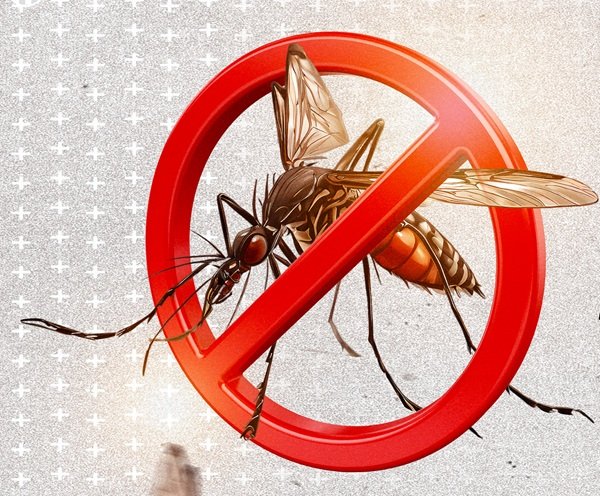The positivity rate — the proportion of tests that return a positive result — for dengue fever reached its highest level since May of last year in private laboratories across Brazil by the end of March. The data comes from the Brazilian Association of Diagnostic Medicine (Abramed), which is responsible for 80% of the diagnostic tests performed in the country’s supplementary healthcare system.
This Content Is Only For Subscribers
To unlock this content, subscribe to INTERLIRA Reports.
Positivity Rate
According to the association, the positivity rate remained stable at around 20% — meaning 2 out of every 10 tests confirmed a dengue infection. However, the rate began to rise again in recent weeks. Between 16 and 22 March, it reached 28.9%. Abramed reported that this increase reflects a significant surge in the circulation of the dengue virus throughout the country.
Cases in Brazil
Data from the Ministry of Health’s Arbovirus Monitoring Panel shows that, as of 29 March, Brazil had already reported 824,400 probable cases of dengue in 2025, along with 468 confirmed deaths. An additional 723 deaths were still under investigation. These numbers indicate more dengue-related deaths in the first three months of 2025 than in entire years such as 2017, 2018, and 2021. In 2024, Brazil experienced an unprecedented dengue outbreak, setting records with 6.6 million confirmed cases and nearly 6,300 deaths nationwide.
Analysis:
The increase in dengue positivity rates in private laboratories across Brazil suggests a renewed surge in virus circulation, pointing to the persistence of the epidemic. The rise from a stable 20% to nearly 29% in late March indicates a growing number of infections, reinforcing concerns about the spread of the disease as Brazil enters peak transmission months.
The high number of cases and fatalities in the first quarter of 2025 suggests a worsening scenario, especially considering that dengue-related deaths have already surpassed full-year totals from previous outbreaks. The comparison with 2024—when Brazil recorded its worst dengue epidemic—suggests that the country may face another critical year unless containment measures are intensified.
Sources: O Globo.




